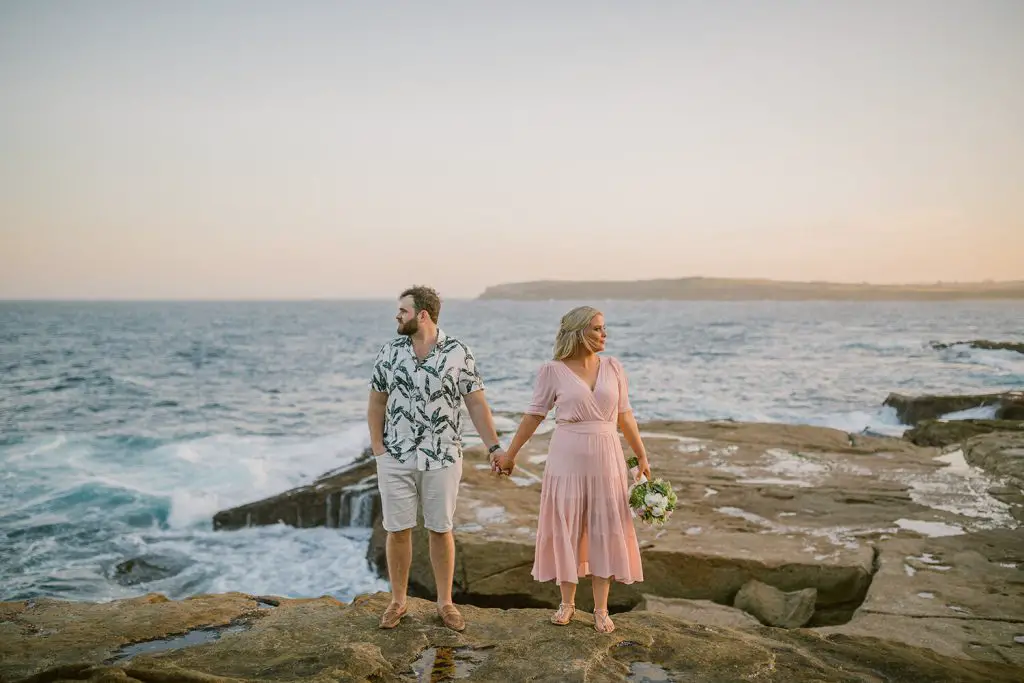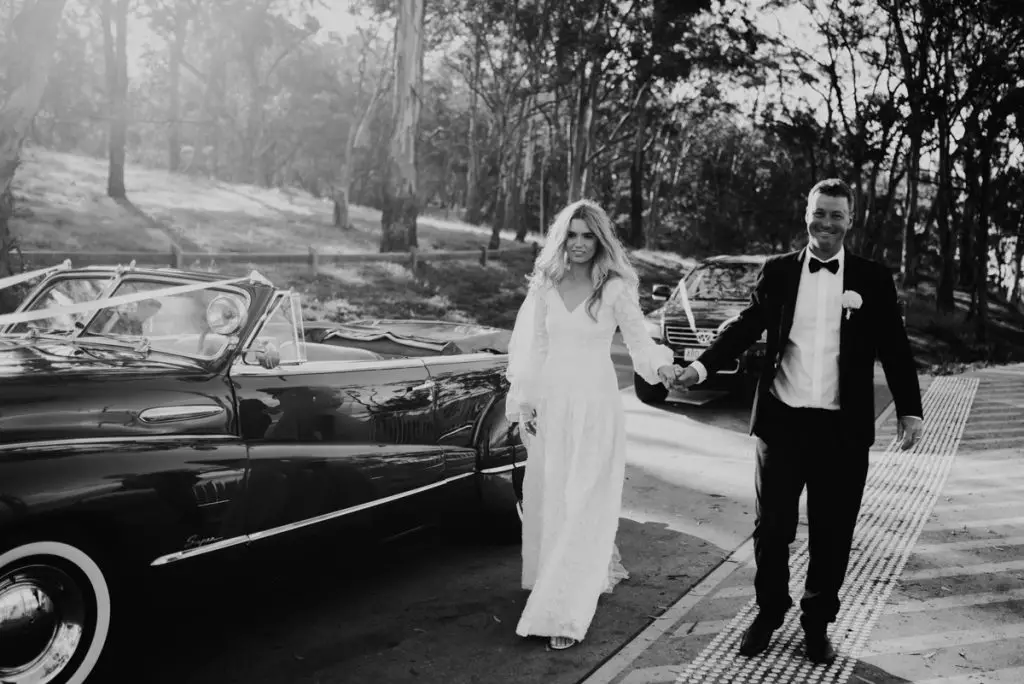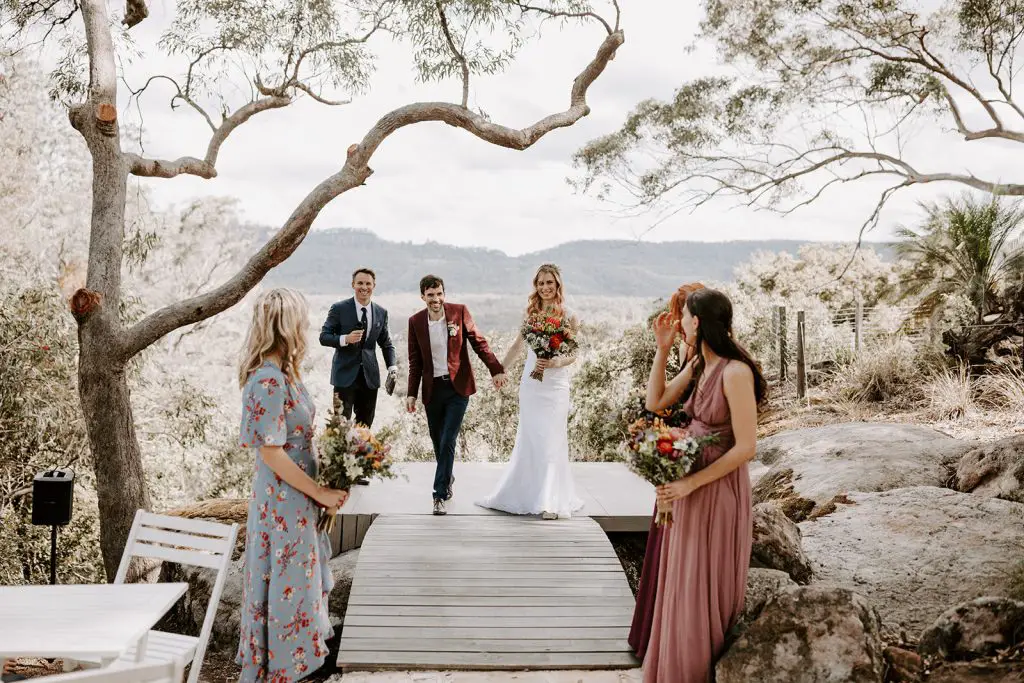Know the law to marry someone in Australia
Marrying someone you love is the ultimate dream of everyone. In the event that either party is already husband and wife to another person at the time of the marriage, the relationship is null and invalid (i.e., it never officially took place) (s 23 Marriage Act). Bigamy is a crime that carries a maximum sentence of seven years in jail (section 360 of the Criminal Code Act 1899 (Qld)). A declaration of nullity, which officially declares a wedding to be null and invalid, may be sought by any party in a bigamous relationship.
In Australia, an individual cannot legally marry more than one spouse. If a polygamous relationship took place outside of Australia (such as in an Islamic country), however, it will be recognized under Australian law (s. 6 Civil Litigation Act 1975 (Cth)).

Ineligible age for marriage
The Marriage Act sets the legal age of consent for weddings at 18. (s 11 Marriage Act).
Anyone older than 16 but younger than 18 may be married with permission from their parents, another legal guardian, or a court or magistrate (ss 12, 13 Marriage Act). The following rules apply if a minor has to get permission from an adult:
In cases when both parents are still present and able to provide their approval, it is best to do so.
If the kid’s parents are divorced or separated and a court decision gives one or more people parental rights, the youngster needs the permission of all those named in the decree.
If the spouses have never been engaged and the kid does not reside with either one of them, the mother’s approval is necessary.
The permission must come from the child’s assigned guardian(s) or the individuals named in Section 1 of the Marriage Act if either or both parents are deceased, both parents have been deprived of the care of the child by a court order, or the kid is adopted.
Written, witnessed permission must be submitted to the officiant of the wedding no sooner than three months before the event (s 13 Marriage Act).

A youngster may seek consent from a court or magistrate if a parent declines to offer permission (s 16 Marriage Act). The other prospective spouse must be at least 18 years old in order for a magistrate or judge to provide their assent (s 12(1) Marriage Act).
Without the approval of both parents and the court, a marriage between a minor and an adult is invalid under section 23B(1)(e) of the Marriage Act. Without such permission, a marriage is illegal and may result in a jail sentence of up to five years (s. 95(1) Marriage Act).
Contradictory pairings
If the couples are in a “prohibited relationship” (section 23B(1)(b) of the Marriage Act), the marriage will not be recognized by the state. Relationships between brothers and sisters of any blood related, including half-siblings, as well as between any two people who have the same ancestor (including parents, grandparents, and descendants), are strictly forbidden (i.e. a child or grandchild). These regulations include both the adoptive and biological families of a kid who has been adopted. It’s not against the law for cousins to wed each other. Any union formed by people who are otherwise forbidden to wed is null and void.

Marriages that aren’t agreed upon
Free and informed consent is required for a marriage to take place. It is not valid to be married if the presence of fraud or coercion
A party is unable to grasp the nature and effect of the marriage ceremony because of mental incapacity (s. 23B(1)(d)(iii) of the Marriage Act) or because of a misconception concerning the identification of the other party or the nature of the marriage ceremony.
Persons who identify as transgender
Valid marriage contracts may be entered into by transgender people. The court ruled in the seminal case Re Kevin: Validity of Marriage of a Transsexual [2001] FamCA 1074 that the term “man” in the Marriage Act may include a person who has had a surgical transition from female to male. It also established that marriage, not birth, is the determining factor in a person’s gender.
Homosexual unions
Since the Marriage Amendment (Definition and Religious Freedoms) Act 2017 was signed into law on December 9, 2017, same-sex weddings have been legally recognized in Australia (Cth). Thanks to these changes, married couples of any gender now have the same legal protections under the law.
The new definition of marriage in Australia automatically recognizes same-sex weddings that took place outside of the country on or before December 9, 2017.





